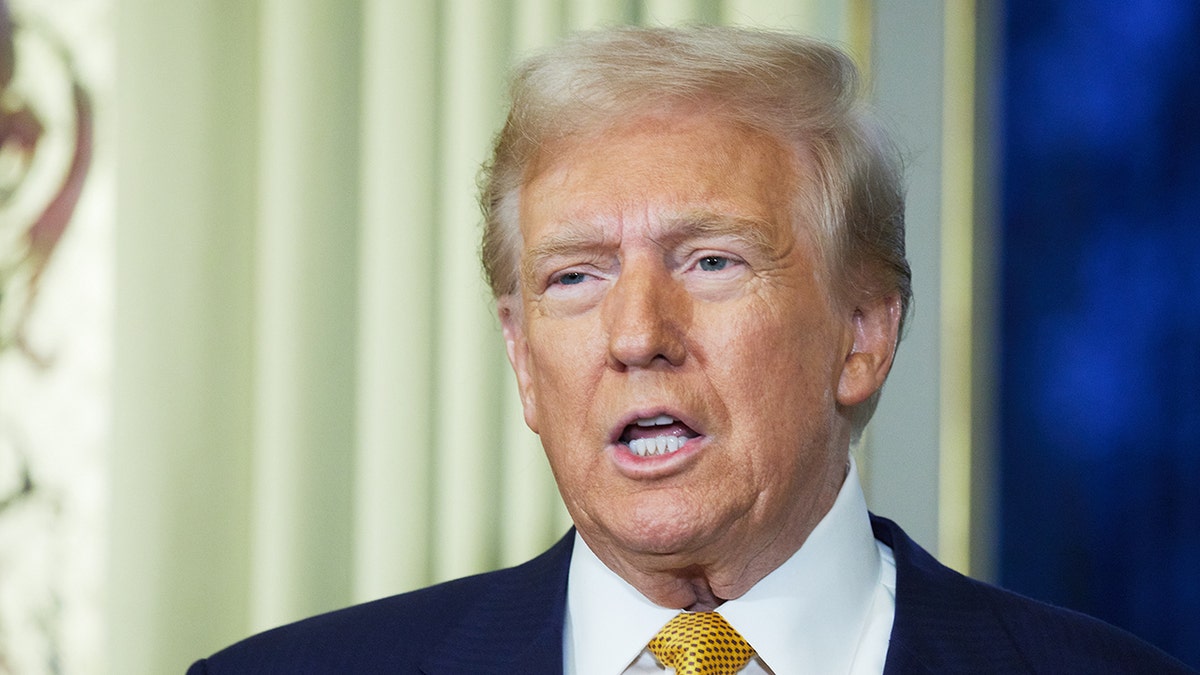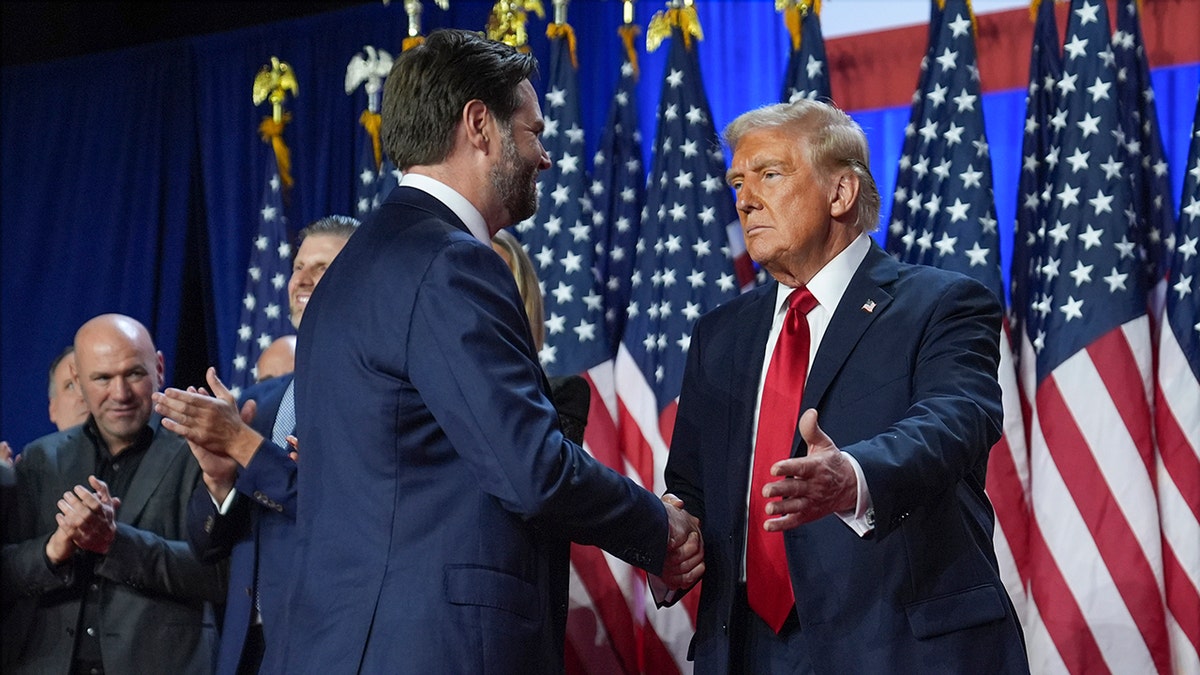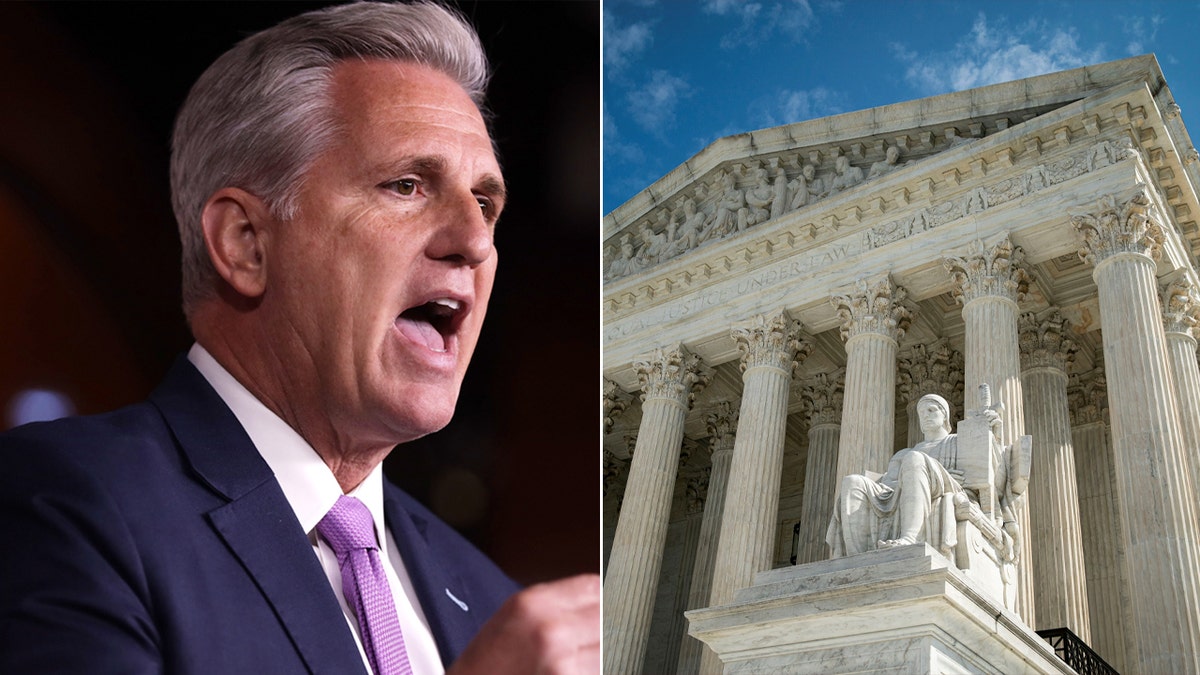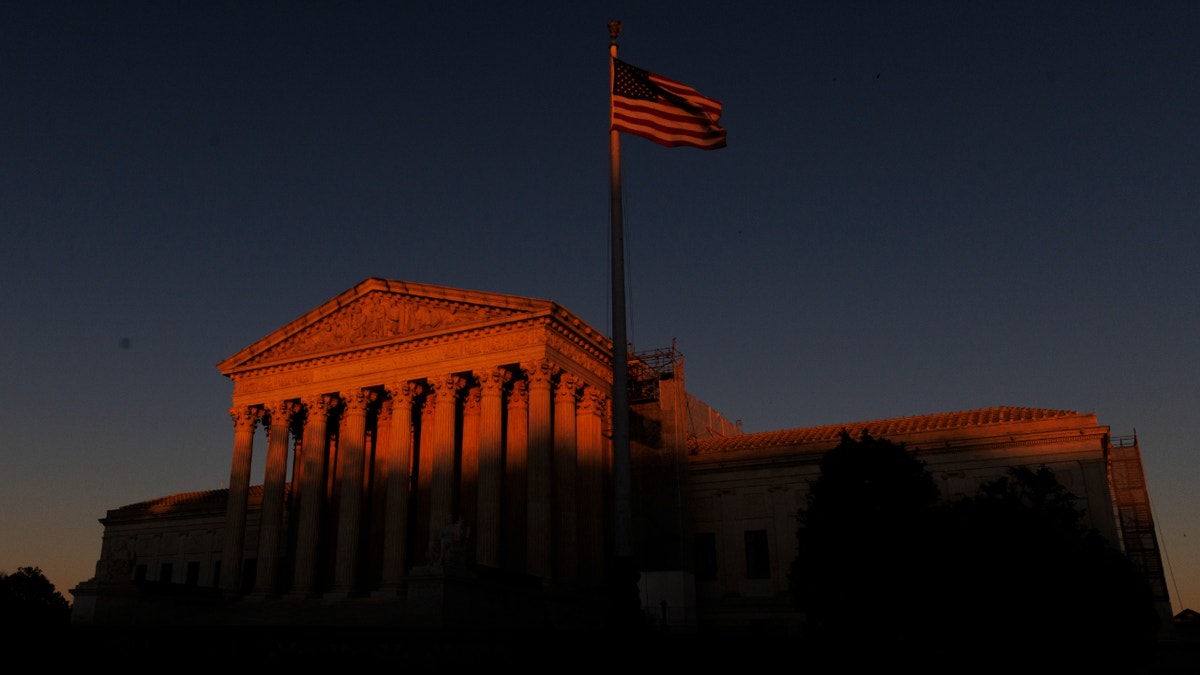Several House Republicans have expressed their discontent over Elon Musk and Vivek Ramaswamy's involvement in government funding negotiations, which contributed to the collapse of a bipartisan spending deal. Some GOP lawmakers, speaking anonymously due to the sensitive nature of the situation, voiced frustration, suggesting the duo's actions were driven more by self-promotion than legislative progress.
One representative criticized Musk and Ramaswamy for their late-stage intervention and public criticism of House Speaker Mike Johnson, emphasizing the importance of internal communication within the party. Another lawmaker raised concerns about their potential undermining of President-elect Trump if their actions weren't coordinated with him. A third representative accused Ramaswamy of spreading misinformation about the continuing resolution, claiming he hadn't fully grasped its contents.
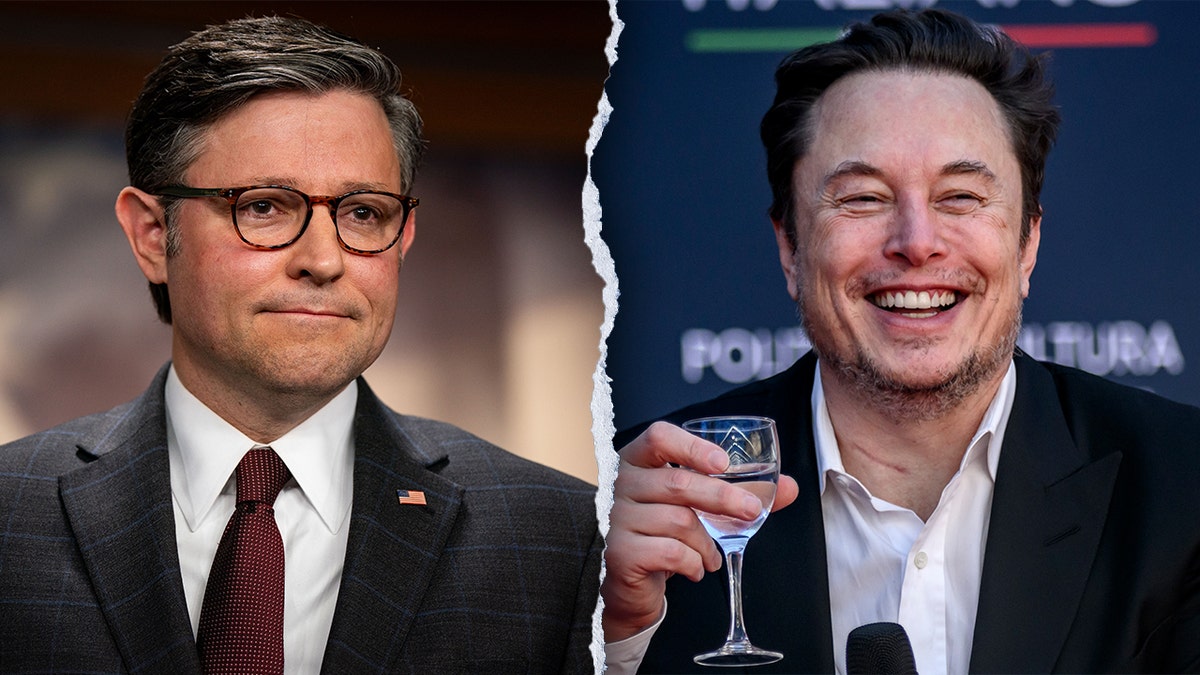
Speaker Johnson found himself in a difficult position after Musk's intervention helped derail the proposed spending deal, which aimed to extend government funding until March 14, 2025. This bipartisan agreement included provisions for healthcare, ethanol fuel, disaster relief, infrastructure projects, and a congressional pay raise. However, hardline Republicans opposed the inclusion of these additional measures, viewing them as unnecessary additions. Musk and Ramaswamy amplified these concerns, with Musk even suggesting he would support primary challenges against Republicans who voted for the bill.
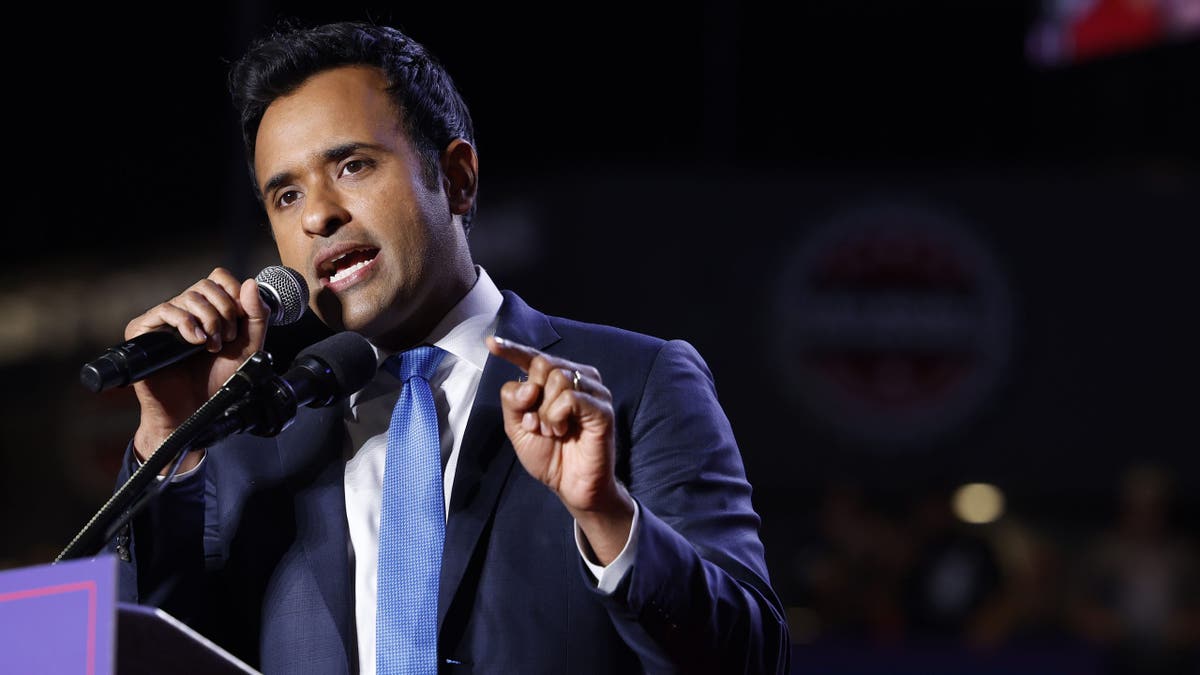
Following the backlash, House Majority Leader Steve Scalise announced the bill was effectively dead, leaving GOP leaders to scramble for an alternative solution with uncertain Democratic support. One Republican representative attributed the influence of Musk's tweets to swaying undecided members, while another viewed his actions as highlighting weaknesses in the legislative process. Meanwhile, President-elect Trump's threat to primary Republicans who supported a "clean" continuing resolution without addressing the debt ceiling further complicated the negotiations. This threat drew criticism from within the GOP, with one representative expressing disapproval of Trump's tactics.
